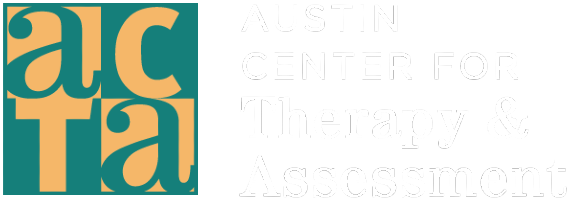FAQ – Adult Assessment
WHAT IS A NEUROPSYCHOLOGICAL EVALUATION?
A neuropsychologist has expertise in how an individual’s abilities and behavior are associated with different parts of the brain. A neuropsychological evaluation measures the functioning of the brain. It assesses different thinking skills and memory functioning with objective tests. A typical neuropsychological evaluation involves assessment of the following:
- General intellectual abilities
- Memory and learning
- Reasoning and problem solving
- Complex processing skills (e.g., sequencing, multitasking)
- Attention and concentration
- Language
- Visual spatial skills
- Motor and sensory skills
- Mood and personality
HOW DO I GET SCHEDULED FOR THIS EVALUATION?
When we schedule your appointment, we will go over insurance information at that time. Most insurance policies pay for the evaluation as a diagnostic procedure. If we learn that the expense will be more than is typically associated with a copay, we will call you in advance to explain what the expense may be so that you can prepare for it.
There are three appointments involved in your evaluation. The first is a one-hour appointment to review your background and presenting concerns with our neuropsychologist. The second is the testing appointment which takes about between 4-8 hours. The final appointment is a feedback session with your neuropsychologist to review the results, any found diagnoses, and recommendations. While we prefer that all appointments are completed in the office, we do allow for the intake and feedback session to be done via Zoom. Testing appointments must be completed in the office.
WHAT WILL THE EVALUATION BE LIKE?
The evaluation begins with an interview with one of our neuropsychologists. You will be asked about the nature of your symptoms, medical history, medications, and other factors. The neuropsychologist will use this information to create a battery of tests designed to assess your specific concerns. These tests will then be administered by trained clinicians. Mostly, you will be asked to complete a variety of tasks that measure a range of different brain related skills and abilities. The time required depends on the problem being assessed. Generally, several hours are needed to complete the testing. Some tests will be easy while others will be more complex.
HOW CAN I PREPARE FOR THE EVALUATION?
- The most important thing is to try your best. You will probably find testing interesting, and the detailed information that is gathered will contribute to your care.
- Please try to get a good night’s rest the night before your evaluation
- Please eat a good breakfast before coming in for your appointment
- If you wear glasses or hearing aids, please bring them and use them during the evaluation.
- You will have a number of rest breaks, plus a lunch break if needed. Bring any drinks or food that you wish.
FAQ – Child Assessment
WHAT CAN I TELL MY CHILD TO HELP THEM PREPARE FOR THE EVALUATION?
It’s normal for children to feel nervous about their evaluation. We want children to take the evaluation seriously, but we also want them to let us see who they are so that we can provide an accurate assessment of their unique abilities and personalities. It might help your child to explain a few of the points listed below:
- The clinician will ask you some questions that are just about your opinion. There is no right or wrong answer for those questions. We just want you to be honest!
- The clinician will also ask you questions that do have right and wrong answers. We just want you to try your best to answer all of those items.
- There might be activities with blocks and pictures, and some activities might feel like you’re in school; for example, reading stories or doing math problems.
- This appointment is not like other doctor’s appointments you have been to. There will be no blood draws or shots, or anything that hurts at our office.
Your child is likely to be most comfortable and cooperative with the evaluation process if they understand why they are doing the evaluation. Try some of these phrases to help your child understand the reason behind the evaluation:
- We want to help figure out your unique learning style OR We can learn about how you learn!
- The results of the evaluation will tell us your strengths and areas where we can work to improve to help ease challenges you might be experiencing OR The results will tell us about your strengths and also about the areas that need some extra attention.
- If your teachers and parents know how you learn, they will be able to teach you in the most effective way.
Parents should be aware that the neuropsychological evaluation is a great deal of work and will likely leave your child feeling tired. It can be helpful for parents to create a reward for their child’s effort and motivation. Parents have used a special outing, a preferred snack, or Legos as rewards in the past. If you will let the clinician know what reward has been offered, it will allow the clinician to remind your child about the reward in moments where motivation might be waning.
